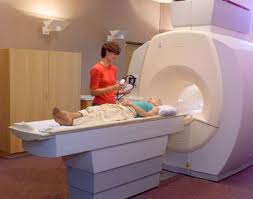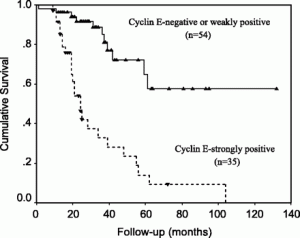Approximately 1000 women from 25 cancer centers throughout the US who were recently diagnosed with breast cancer in one breast were all examined, radio graphed with conventional mammograms. They also received an MRI scan study of the opposite breast to make sure no hidden cancer would be overlooked. To the surprise of the investigators 1 in 10 women were found to have cancer in the opposite breast that would have conventionally passed as “normal”. More than 90% of these women were picked up with an MRI scan of the opposite breast that up to now would not have been part of the routine work-up. Dr. Elias A. Zerhouni from the National Institutes of Health (NIH) said that it would be a great break through to have a new technique of diagnosing these women with early cancer in the opposite breast. By diagnosing this condition early, the cancer treatment can be customized to the exact breast cancer stage improving survival significantly for these women.Dr. Constance Lehman, the principal investigator of this ACRIN Breast MRI Trial who is also professor of radiology as well as the director of breast imaging at the University of Washington and Seattle Cancer Care Alliance, pointed out that unnecessary bilateral mastectomies (= surgical breast removal) can be avoided in the 90% women whose opposite breasts were normal. At the same time the 10% of women who were accurately diagnosed with early breast cancer can be treated early and effectively.
This trial has been started in April of 2003 and follow-up examinations were done at 12-18 and 24-30 months. This already shows that the group of 30 patients diagnosed with breast cancer in the opposite breast has a much better survival than patients would have had in the past. However, the final figures will only be available several years into the future.
The cancer specialists in the US have estimated that in 2007 there will be approximately 178,480 women who will be diagnosed with breast cancer and about 40,460 will likely die from the disease.
Reference: The New England Journal of Medicine (NEJM), Vol. 356, No.13, March 29, 2007
Last edited December 5, 2012







